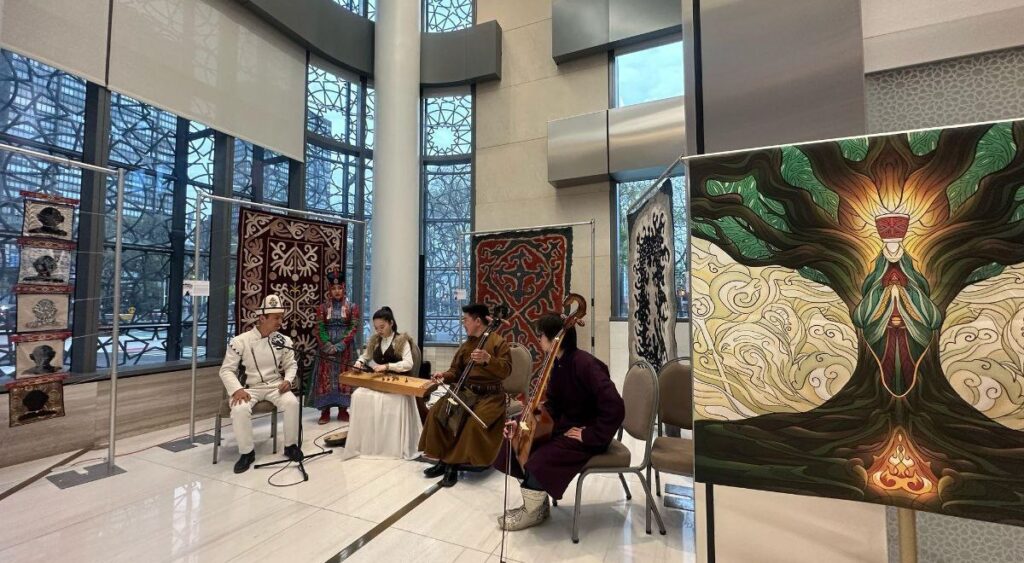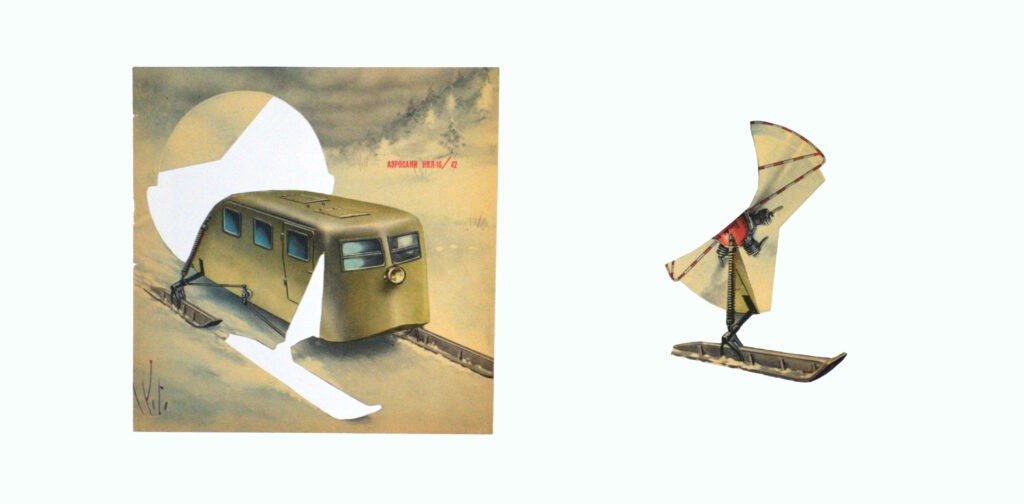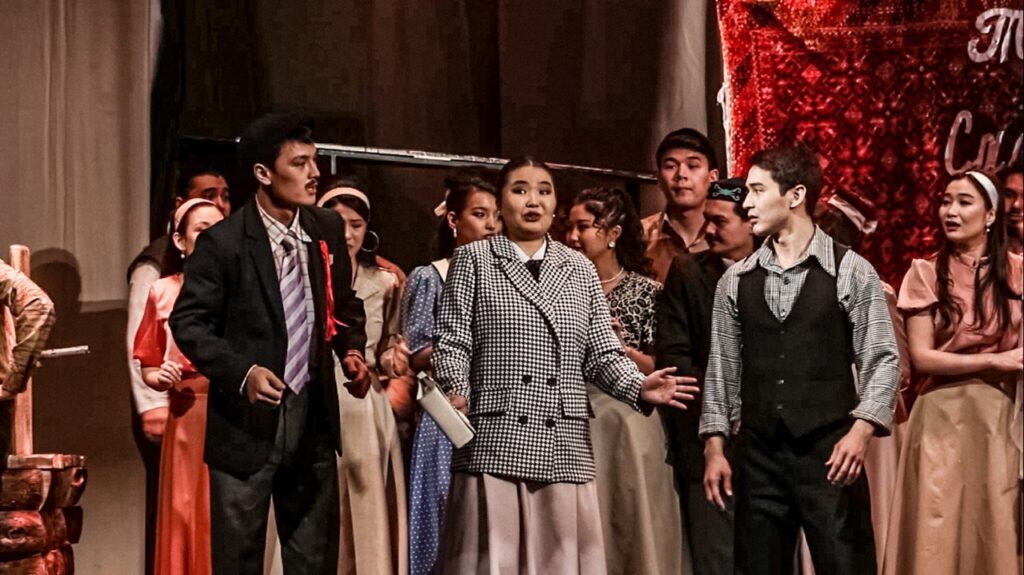Twentieth Century Travelogue Documents British Women’s Experiences in Central Asia
Interpreting English-language sources accurately for Kazakh readers can be quite challenging. It often requires drawing on the richness, expressiveness, and natural rhythm of the Kazakh language. I came to appreciate this during an internship in the United States. Each evening, on the first floor of our home in Arlington, Virginia, I would spend about three hours in the study, poring over old library books containing historical records about Kazakhs. A quote often came to mind during those long nights: “A person with a good book is never truly alone.” It became both a source of inspiration and motivation. One day, I discovered a remarkable book, published in 1927 in both Boston and New York, titled Through the Jade Gate and Central Asia. Written by Mildred Cable and Francesca French, the book recounts their travels as British female missionaries across northwestern China and Central Asia. It offers a vivid portrayal of life in the region a century ago. The authors journeyed through Gansu, Xinjiang, the Gobi Desert, and visited Mongol and Tibetan settlements. In 1923, Cable, French, and their companion, Evangeline French, traveled more than 2,400 kilometers through Central Asia. They set out from Huozhou, spreading Christianity along the way. During their travels, they opened a mission school, distributed religious literature, and tried to learn local languages, such as Uyghur, to better communicate with Muslim women. However, conversions among local women were rare. The group crossed the desert five times, traversed the Tibetan plains, and eventually reached Zaysan via Shauyeshek. In Zaysan they met with Kazakh families and documented their encounters. For example, one Kazakh man asked if they knew how to operate a sewing machine, likely one he had purchased from Russians. They also met a Nogai man with two wives and a son, one wife being Kazakh and the other from another Turkic group. Throughout the book, the authors include photographs and descriptions of the people they met along the way. Their journey continued along the Irtysh River, where they were moved by a boatman’s song. Upon reaching Semey, they then traveled by train to Novosibirsk and Omsk. On a boat from Omsk, they observed a Kazakh family and were struck by their blend of nomadic tradition and Western education. The family’s Western-style clothing, musical abilities, and refined manners stood out. One Kazakh man even played traditional music on the piano for his child, a moment that so impressed the authors that they included the musical notation in their book. The book also records a striking demographic insight: “We were told the Kazakh population exceeds seven million.” The travelers were clearly impressed by the Kazakhs’ adaptability, modesty, and political awareness, suggesting these qualities would soon position them for greater influence. They were especially taken by the poise and beauty of a Kazakh nurse, who left a lasting impression. In the end, every foreign source that offers insight into our history is an asset. This travelogue stands out as a vivid and respectful portrayal of our ancestors and as...






